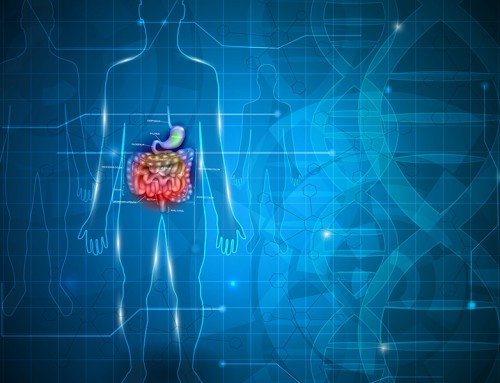Newly identified non-HLA mutations may further increase Celiac Disease risk
Nearly everyone who suffers from celiac disease will test positive for the HLA DQ2 and/or the DQ8 DNA haplotype. However, although the majority of celiac disease patients have the HLA DQ2 and/or DQ8 haplotype, not all people who with the HLA DQ2 and/or DQ8 haplotype have celiac disease. Also, a small number of people with celiac disease do not have HLA DQ2 or DQ8. This suggests that there may be additional environmental risk factors and genes which can work alone or together with DQ2 and/or DQ8 to contribute to celiac disease. A number of recent investigations have focused on identifying new and novel HLA and non-HLA genetic variations which act alone or together with HLA DQ2 and DQ8 to cause celiac disease.
A recent study by Sharma et al. (PLoS ONE, March 2016) analyzed 6010 children from the TEDDY study and identified new variations in five different non-HLA genes that were associated with an increased risk of celiac disease. The TEDDY Study (Environmental Determinants of Diabetes in the Young study) is a large ongoing multicenter study, primarily set up for the analysis of type 1 diabetes. This study has also provides an enormous amount of data on the HLA genes that are linked to celiac disease.
Each of the the newly identified gene variations are located in genes which encode proteins with important roles in the immune response (TAGAP, IL18R1, RGS21, PLEK and CCR9). Longer-term follow up and further genetic studies will allow a better understanding of the exact role and effect of these newly identified variants in celiac disease risk.
These preliminary analyses, and subsequent genetic studies, provide not only enhanced genetic testing options, but will also help researchers to determine the molecular mechanisms of celiac disease and identify new targets for effective disease treatments.
References:
Sharma A, Liu X, Hadley D, Hagopian W, Liu E, Chen W-M et al. (2016). Identification of Non-HLA Genes Associated with Celiac Disease and Country-Specific Differences in a Large, International Pediatric Cohort. PLoS ONE 11(3): e0152476.
Genovate Laboratories2017-04-06T19:04:51+00:00


